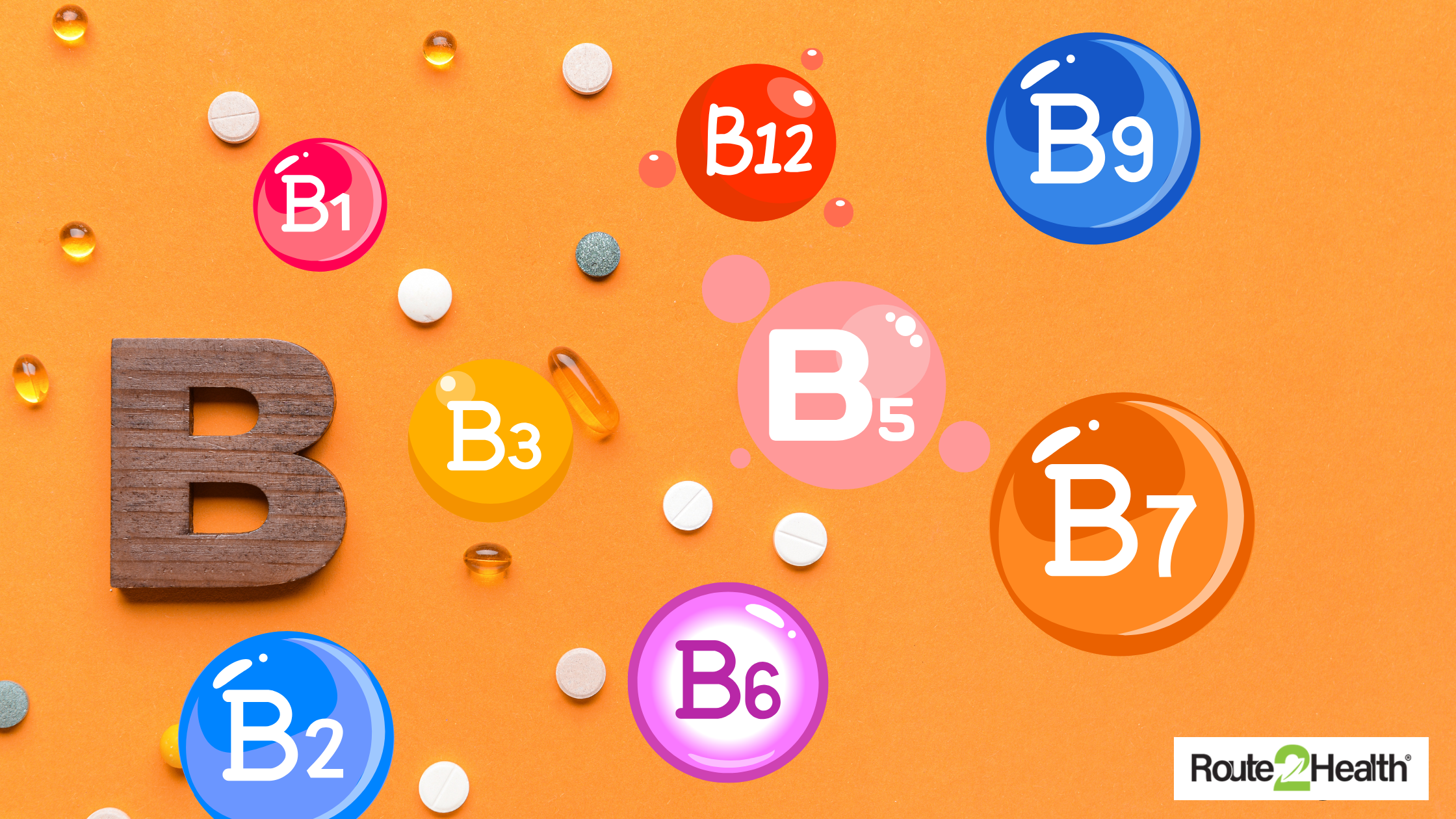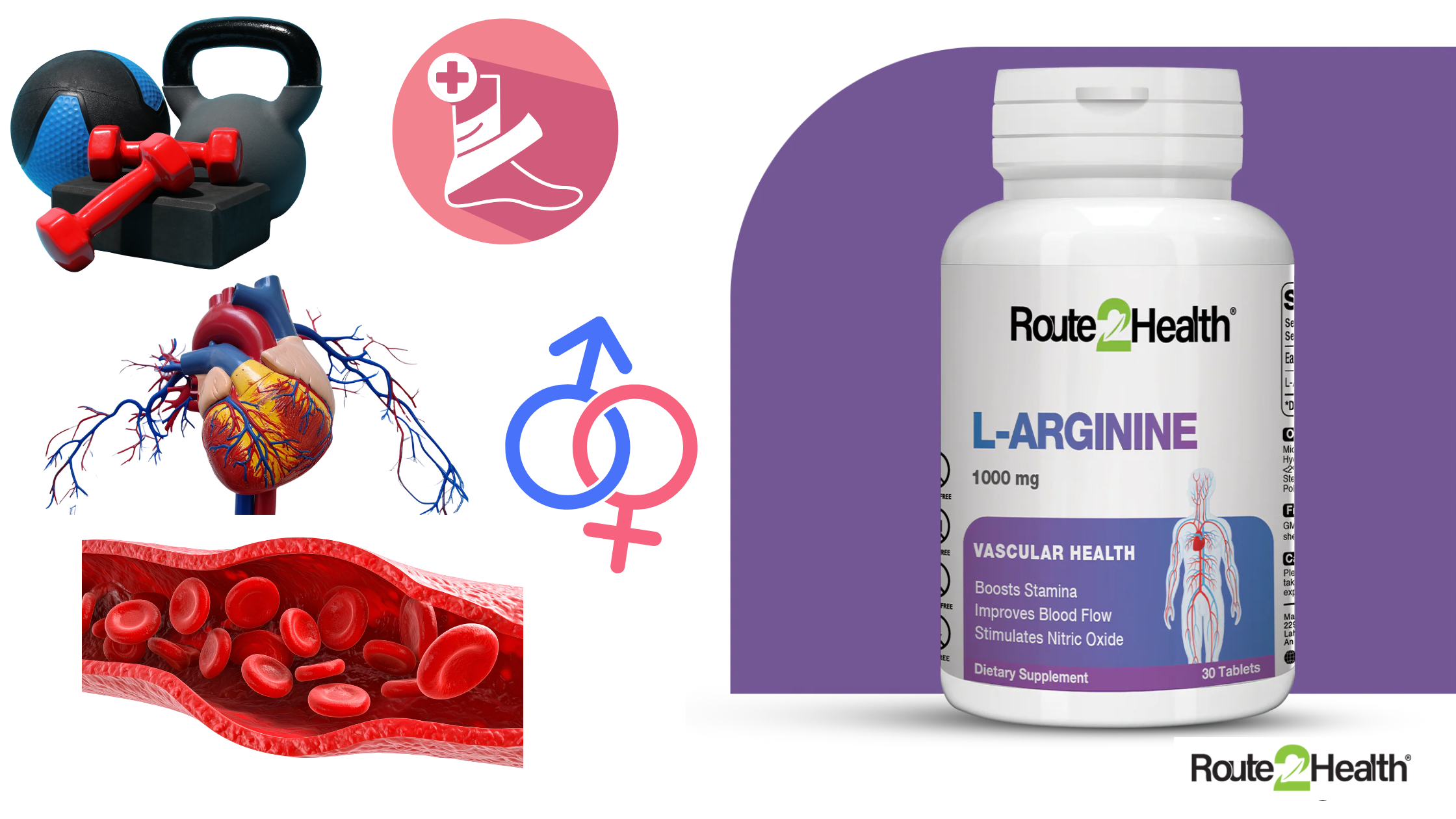
B-Complex for Energy Production: The Back-to-School Boost Every Child Needs
It’s that time of the year again—schoolbags are being dusted off, lunchboxes are packed with healthy snacks, and kids are heading back to school full of excitement (and maybe a little nervousness!). But along with new books and pencils, children also need something else to thrive: steady energy. Between morning classes, playground activities, and after-school homework, it’s no surprise that many kids struggle to stay alert and focused throughout the day. While a good night’s sleep and a balanced diet play crucial roles, one powerful yet often overlooked helper is the family of B vitamins—collectively known as the B-complex.
B vitamins are like little engines inside the body, turning the food children eat into usable energy that powers their brains and bodies. Without enough of them, kids may feel more sluggish, less attentive, and even irritable—making schoolwork and concentration a real challenge. The good news? Ensuring your child gets enough B-complex can help fuel their learning, boost stamina for sports, and support overall growth and development.
What is B-Complex?
The term “B-complex” refers to a group of eight essential B vitamins, each with its own role in keeping the body energised and functioning properly. Together, they act as coenzymes in many metabolic processes, particularly in energy metabolism. These vitamins include:
- Vitamin B1 (Thiamine)
- Vitamin B2 (Riboflavin)
- Vitamin B3 (Niacin)
- Vitamin B5 (Pantothenic acid)
- Vitamin B6 (Pyridoxine)
- Vitamin B7 (Biotin)
- Vitamin B9 (Folate)
- Vitamin B12 (Cobalamin)
Each of these plays a specific part in breaking down carbohydrates, proteins, and fats—the main nutrients in children’s diets—into the glucose and ATP (adenosine triphosphate) that cells use as fuel. Without them, kids may struggle with tiredness, poor concentration, and even slower growth.
How Does B-Complex Help Your Kid Stay Energised?
1. Vitamin B1 (Thiamine): Jumpstarting Energy
Thiamine acts like a spark plug in the body’s energy system. It helps convert carbohydrates—kids’ primary energy source—into glucose, which is then used to generate ATP. This is especially important for school-aged children who rely on quick energy for brain function and physical activity.
Research has shown that thiamine deficiency can lead to fatigue, irritability, and poor focus, making it harder for children to concentrate in the classroom. By supporting nerve function, thiamine also ensures the brain communicates efficiently with the rest of the body, keeping both energy and mood steady.

2. Vitamin B2 (Riboflavin): Powering the Mitochondria
Riboflavin is vital for the mitochondria—the tiny “powerhouses” of cells. It helps in the production of flavoproteins, which are crucial for oxidative metabolism. In simpler terms, riboflavin makes sure the body extracts maximum energy from food, especially fats and carbohydrates.
For children, this means more sustained energy rather than quick bursts followed by crashes. Studies show riboflavin plays a protective role in preventing oxidative stress, which can otherwise tire the body out. By keeping the mitochondria running smoothly, riboflavin ensures that kids stay energised during long school days.
3. Vitamin B3 (Niacin): Unlocking Fuel
Niacin plays a starring role in the production of NAD and NADP, two coenzymes that participate in hundreds of biochemical reactions, including energy metabolism. These molecules help release energy from food and deliver it where it’s needed most—like muscles during playtime or the brain during lessons. Inadequate niacin intake may leave children feeling drained, restless, or unfocused.
4. Vitamin B5 (Pantothenic Acid): The Energy Pathway Builder
Pantothenic acid is often called the “anti-stress vitamin” because it supports adrenal function, but its most critical role is forming coenzyme A (CoA). CoA is required for the breakdown of carbohydrates, fats, and proteins into energy. Without it, the entire metabolic pathway would stall.
Children need pantothenic acid to sustain endurance—whether it’s running in the playground or focusing on homework. Studies confirm its indispensable role in energy metabolism and the synthesis of essential compounds.
5. Vitamin B6 (Pyridoxine): Keeping Energy Steady
Vitamin B6 is crucial for converting stored glycogen into glucose, ensuring children have a steady energy supply between meals. It also supports neurotransmitter synthesis, which helps keep mood balanced and focus sharp.
Inadequate B6 may result in irritability, fatigue, and difficulty concentrating—symptoms no parent wants their child to deal with during school. Clinical evidence indicates that vitamin B6 plays a crucial role in regulating energy metabolism and supporting healthy cognitive function.

6. Vitamin B7 (Biotin): Supporting Fatty Acid Metabolism
Biotin is key for breaking down fatty acids and amino acids—critical processes for energy production. It acts as a coenzyme for carboxylase enzymes, which are vital for generating glucose and fatty acids.
Children especially benefit from biotin’s role in stabilising energy metabolism, helping to avoid mid-day fatigue crashes. Biotin deficiency can lead to lethargy and developmental delays in children.
7. Vitamin B9 (Folate): Energy and Growth
Folate is essential for DNA synthesis and cell division, processes that demand large amounts of energy—especially during childhood growth spurts. It also plays a role in amino acid metabolism, which fuels both body and brain.
Children with insufficient folate may not only suffer from tiredness but also struggle academically due to impaired concentration. Studies link folate to better cognitive outcomes in children and its crucial role in energy metabolism.
8. Vitamin B12 (Cobalamin): Oxygen for Energy
Vitamin B12 is essential for forming red blood cells, which carry oxygen throughout the body. Without oxygen, cells can’t produce ATP efficiently. For kids, this translates to feeling weak and tired.
B12 also supports neurological health, which is vital for learning and memory. Deficiency can lead to anaemia, fatigue, and poor concentration. Evidence strongly supports its role in maintaining optimal energy metabolism and brain function in growing children.

Conclusion
As children head back to school, ensuring they have the right nutritional support is just as important as new stationery and school uniforms. The B-complex vitamins work together to unlock the energy hidden in food, fuel the brain for learning, and keep kids active and alert all day long. From thiamine jumpstarting carbohydrate metabolism to vitamin B12 ensuring oxygen delivery, every B vitamin has a unique role in keeping energy flowing.
If you’re looking for a reliable way to support your child’s energy, focus, and overall well-being, Vitamin B-Complex by Route2Health offers the complete range of essential B vitamins in one convenient supplement. Give your child the nutritional edge they deserve this school year!
FAQs
1. Why is B-complex important for children?
B-complex vitamins help convert food into energy, support brain function, and keep kids active and focused throughout the day.
2. Can my child get enough B vitamins from food alone?
Yes, but picky eaters or kids with limited diets may fall short, making supplements a helpful option.
3. Which B vitamin is best for energy in children?
All B vitamins are important, but B1, B2, B3, B6, and B12 are especially crucial for energy production.
4. Can B-complex improve concentration at school?
Yes. B vitamins support neurotransmitter production and steady energy release, helping kids stay attentive.
5. Is B-complex safe for kids?
Yes, when taken in recommended amounts, B-complex supplements are safe and beneficial for children.























































